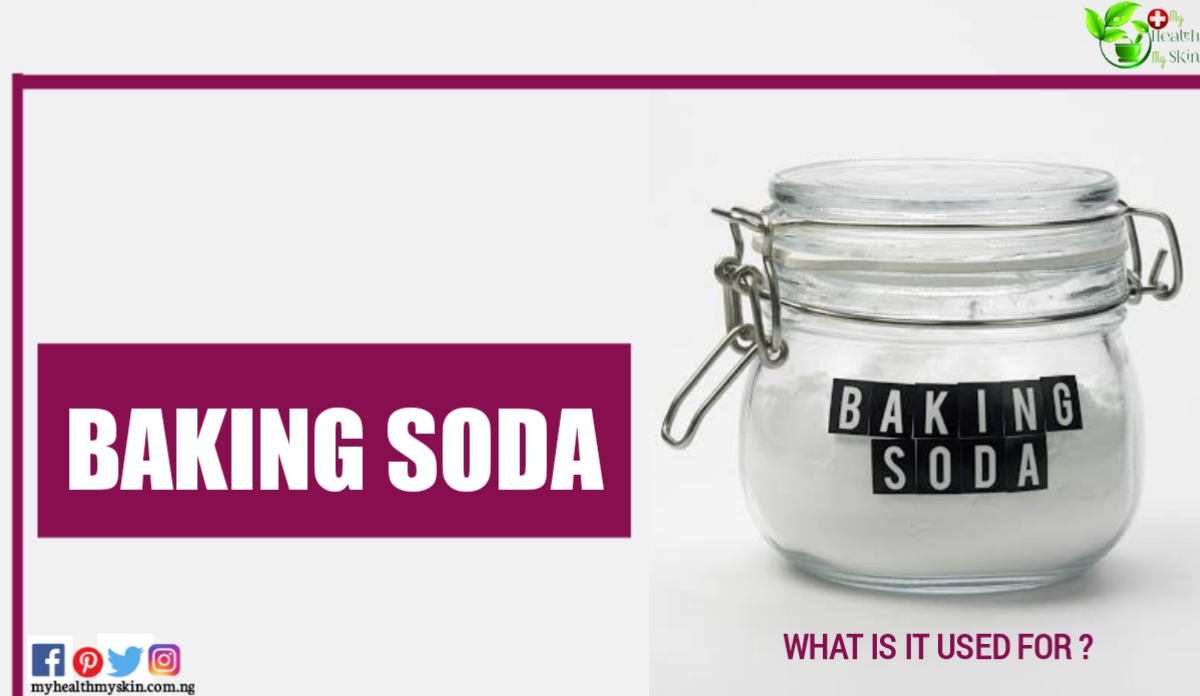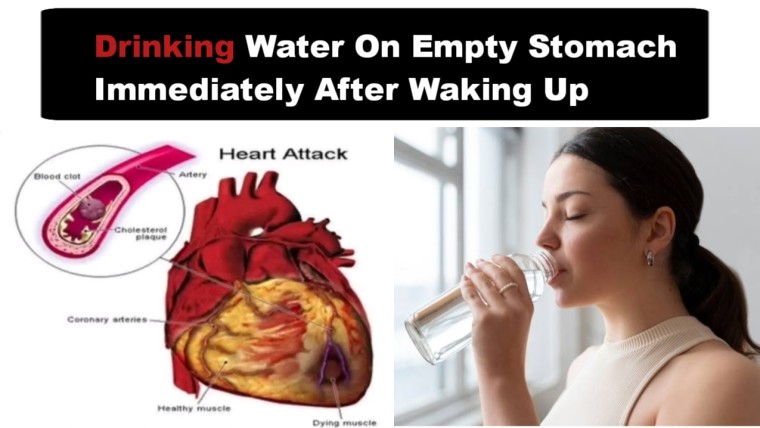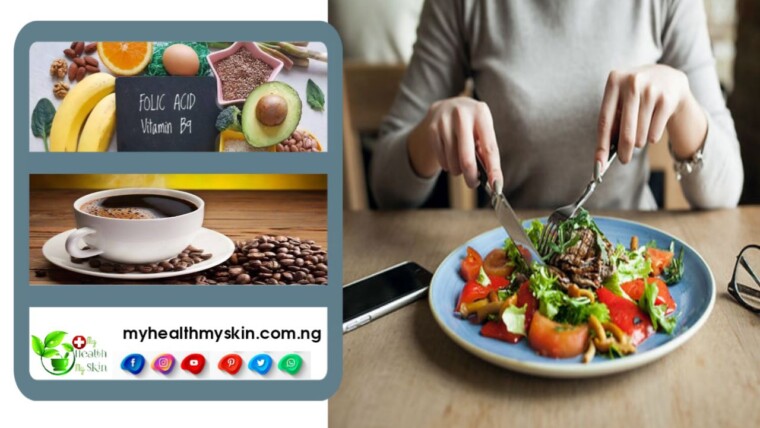The sodium bicarbonate soda (NaHCO3) is a product that formerly could not miss kits homes, but today is no longer the case.
Its usefulness against heartburn has been reduced as other compounds with a similar mechanism of action and fewer side effects have emerged.
The experts consulted by MyhealthMyskin points out that it can still be given some other use both medicinally and in the kitchen, but always with caution.
And, incidentally, they deny the odd hoax about the supposed usefulness of bicarbonate against the new coronavirus.
For Antonio Aguilar Ros, director of the Master’s Degree in Pharmaceutical Care-Healthcare Pharmacy at CEU San Pablo University (Madrid), explains that bicarbonate “is an antacid that is taken orally.
Its mechanism of action is neutralizing the hydrochloric acid that is secreted in the stomach”.
Used punctually and following the instructions on the package insert, “a quick effect is achieved that immediately relieves the unpleasant discomforts of heartburn.”
Baking Soda: Side Effects and Precautions
So far so good, but the nuances are missing, which are always important.
First of all, as Yolanda Pontes, community pharmacist in Madrid, nutritionist and member of the Nutrition and Digestive group of the Spanish Society of Family and Community Pharmacy (SEFAC) points out, “it should not be used for more than two weeks and a maximum of twice daily”.
In addition, its prolonged use” can cause rebound acidity and, in high doses, give rise to the so-called metabolic alkalosis”, which is a disorder of acid-base balance, manifests itself in an elevation of the pH of the blood and can cause alterations of the central nervous system and cardiopulmonary, among others.
The SEFAC expert adds other possible adverse effects of bicarbonate: “By increasing gastric pH, it can modify the absorption of many drugs and also alkalizes the urine, so it can modify the excretion of certain drugs.”
Currently there are other antacids with little or no absorption and, therefore, fewer side effects.
“There are better options such as antacids to have the kit,” he concludes.
Aguilar Ros warns that some of the adverse effects that bicarbonate can produce “are potentially serious”, so special caution must be exercised in people with the following situations:
- Renal insufficiency;
- Heart failure;
- Hypertension.
The explanation must be sought in the ions, that is, the electrically charged particles of this compound.
The representative of the CEU University indicates that the bicarbonate ion “can produce systemic alkalosis, mainly in patients with kidney failure, in whom kidney function worsens.”
For its part, “the sodium ion can reduce the effectiveness of cardiac contraction, with water retention, which hinders the normal functioning of the heart.” In addition, sodium increases blood pressure .
Disinfectant Against Coronavirus?
Bicarbonate is not a disinfectant, nor does it act against viruses or bacteria, nor does it have any beneficial effect against Covid-19.
“With respect to its use against the coronavirus, it can be said that the possible protection against the viral infection of bicarbonate gargles lacks any scientific basis,” says Aguilar Ros.
Therefore, applying baking soda to food does not kill the coronavirus.
Gastronomic Uses Of Bicarbonate
The gastronomic versatility of this product is well known by the ‘kitchens’. These are some of its culinary uses:
- In the presence of acids it produces carbonic gas, an effect that is used to fluff pastry or batter doughs.
- It is used to reduce the acidity of certain preparations, since it partially neutralizes the acids present.
- It is used in the production of soft drinks to produce the typical gas of these drinks.
- It is used to soften legumes in soaking when the waters are hard.
For all these uses, bicarbonate is authorized in the food industry for the production of multiple products: broths, soups, sauces, ice cream, dairy products, confectionery, condiments, dressings.
Of course, without going overboard. “Its use in large quantities (more than 1-2 grams per dose) or for prolonged periods (more than twice a day or periods of more than 1-2 weeks) is not recommended,” emphasizes Aguilar Ros.
Use In The Pharmaceutical Industry
Bicarbonate is used as an intravenous medication in the form of a hospital serum for indications such as metabolic acidosis, barbiturate and salicylate poisoning or asphyxia in newborns.
The pharmaceutical industry also takes advantage of it as an excipient in the manufacture of various pharmaceutical forms, such as effervescent tablets.
“In these uses, the amount of bicarbonate ingested is small, so you do not have to expect adverse effects from taking it,” says the expert. To see more post on Physical & Mental Health click here.







